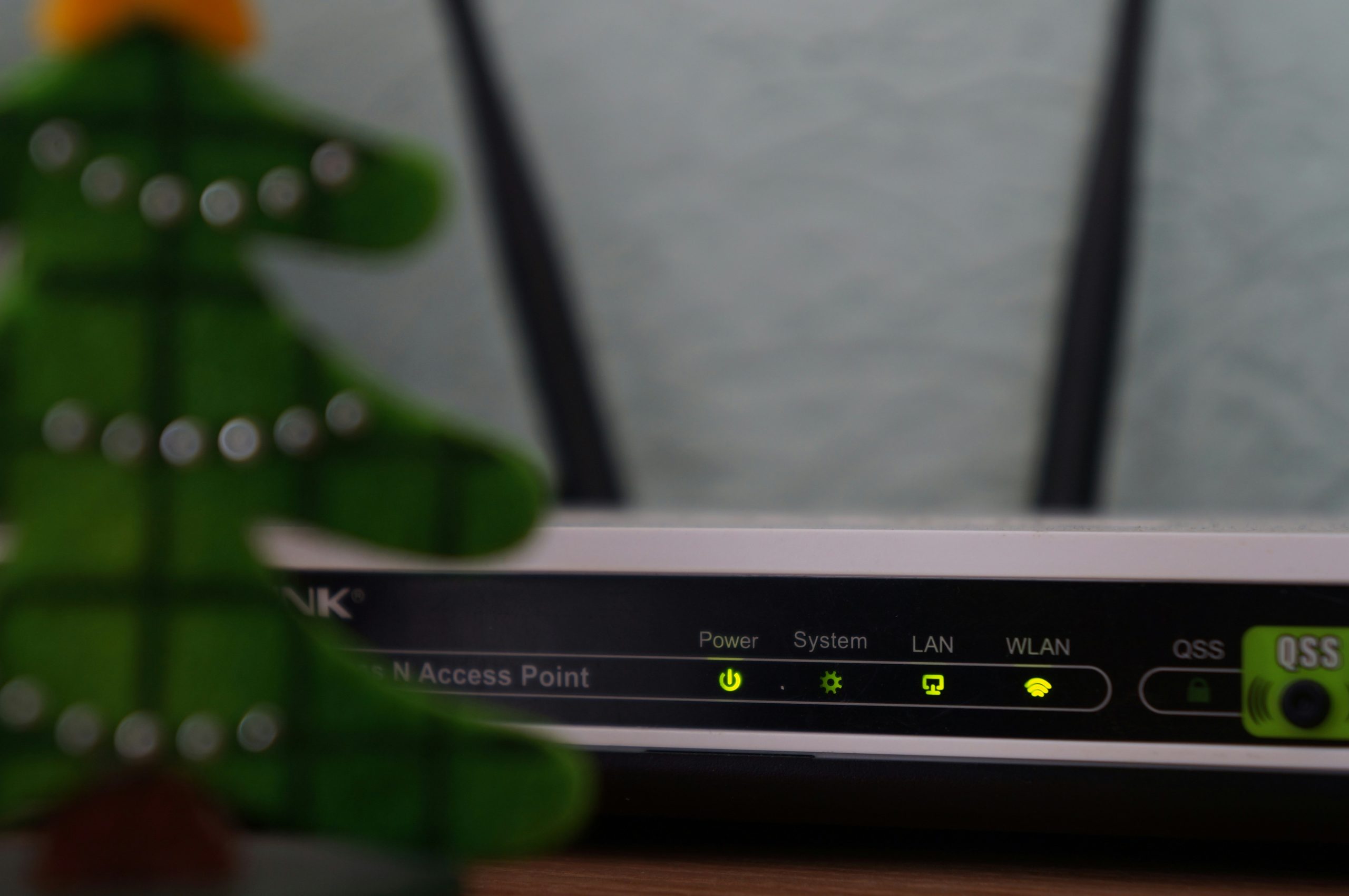Router Rumble: U.S. Investigates TP-Link Over National Security Concerns
In a move that has Wi-Fi enthusiasts clutching their Ethernet cables, U.S. authorities are scrutinizing TP-Link, the Chinese manufacturer responsible for approximately 65% of the routers humming away in American homes and small businesses. The concern? Potential national security risks that could make your internet connection more thrilling than you’d prefer.
The Investigation Unplugged
The Departments of Commerce, Defense, and Justice have each launched investigations into TP-Link. Their mission: to determine whether these ubiquitous devices are unwitting accomplices in cyber espionage. This comes on the heels of a Microsoft report revealing that a Chinese hacking group has been commandeering compromised TP-Link routers to orchestrate cyberattacks. It’s like discovering your trusty mail carrier moonlights as a spy.
Router Roulette: Security Flaws and Government Use
Adding a twist to the plot, many TP-Link routers reportedly come with security vulnerabilities right out of the box. Despite this, they’ve found their way into various federal agencies, including the Defense Department. It’s akin to installing screen doors on a submarine—convenient, but not particularly secure.
TP-Link’s Response: No Cause for Alarm
TP-Link, for its part, insists that it complies with all security standards and U.S. laws. The company has been distancing itself from its Chinese origins, perhaps hoping a change of scenery will ease tensions. However, as any spy novel aficionado knows, changing your alias doesn’t erase your past.
Potential Ban: The Wi-Fi Apocalypse?
Should the U.S. decide to ban TP-Link devices, consumers might face a router shortage, leading to a black market of underground Wi-Fi dealers. Picture trench-coated figures whispering, “Psst, need a router?” in dimly lit alleys. Alternatively, Americans might rediscover the joys of offline activities, like talking to each other or reading books—perish the thought.
The Broader Context: Tech Tensions
This investigation is part of a larger effort to mitigate cybersecurity threats from China. The U.S. has previously taken action against other foreign tech firms, such as Huawei, over similar concerns. It’s a high-stakes game of digital chess, with each move prompting a countermove on the global stage.
Conclusion: Stay Tuned (and Secure)
As the investigation unfolds, one thing is certain: the world of Wi-Fi is fraught with intrigue. So, next time you stream a cat video, remember—your router might be part of an international espionage saga. Stay tuned for updates, and perhaps consider dusting off that old Ethernet cable, just in case.







